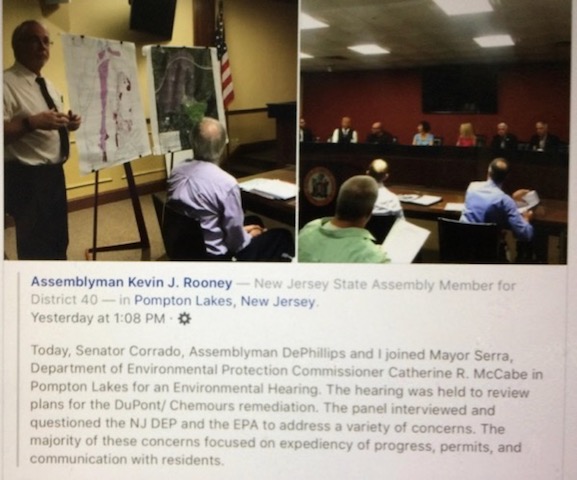Trump Administration Admits “Market Failure” In EPA Climate Rollback
EPA Rollback Reflects Classical Welfare Economics
Trump EPA Deals A Blow To Free Market Fundamentalists
EPA Contradicts Trump Executive Order That Repealed “Social Costs of Carbon”
Self described Democratic Socialist Bernie Sanders excepted, these days, it is rare to engage a public discussion of the fundamentals of political-economy, especially for government agencies or the media to expose flaws in capitalism or so called “free markets”.
Rarer still are efforts to justify government regulation based on so called “market failure” (e.g. see: The Case For Government Regulation).
Since the Reagan administration, public policy has embraced the “free market” – pursuing privatization and deregulation in favor of individual market based choices, incentives, and industry voluntary compliance (all carrot and no stick).
That ideological stance has been used to attack and restrict government intervention in markets and to dismantle regulatory mandates, particularly economic and environmental regulation. (But, hypocritically, governmental regulatory interventions that promote corporate interests or restrict public, union, or democratic interests are just fine.)
So, it is incredibly ironic that the Trump administration embraced the critique of “market failure” and laid out the affirmative case for EPA regulatory intervention in markets.
It is tragic and doubly ironic that it has done so in a deregulatory attack on the Obama administration’s EPA Clean Power Plan.
Thus far, while the media has aggressively criticized this Trump rollback, the coverage has been focused (correctly) on the implications for coal power plants, climate, and public health – not the theoretical foundations.
But deep in the technical weeds of the EPA proposal, the astute reader can find an incredibly ironic and significant critique of “free markets” and justification for EPA regulation.
Even more ironic is the fact that EPA has exposed the lie of President Trump’s Executive Order that repealed EPA consideration of the “Social Costs of Carbon” in regulatory policies.
Here’s the relevant text from the EPA proposal (@ page 13-14):
While recognizing that optimal social level of pollution may not be zero, GHG emissions impose costs on society, such as negative health and welfare impacts, that are not reflected in the market price of the goods produced through the polluting process. For this regulatory action the good produced is electricity. If a fossil fuel-fired electricity producer pollutes the atmosphere when it generates electricity, this cost will be borne not by the polluting firm but by society as a whole, thus the producer is imposing a negative externality, or a social cost of emissions. The equilibrium market price of electricity may fail to incorporate the full opportunity cost to society of generating electricity. Consequently, absent a regulation on emissions, the EGUs will not internalize the social cost of emissions and social costs will be higher as a result. This regulation will work towards addressing this market failure by causing affected EGUs to begin to internalize the negative externality associated with CO2 emissions.
That analysis is straight out of classical welfare economics on “market failure” and “externalities” and “public goods” – almost verbatim the theory I learned in Economics 101 way back in 1975:
In economics, market failure is a situation in which the allocation of goods and services by a free market is not efficient, often leading to a net social welfare loss. Market failures can be viewed as scenarios where individuals’ pursuit of pure self-interest leads to results that are not efficient – that can be improved upon from the societal point of view.
In economics, an externality is the cost or benefit that affects a party who did not choose to incur that cost or benefit.[1] Economists often urge governments to adopt policies that “internalize” an externality, so that costs and benefits will affect mainly parties who choose to incur them.
In economics, a public good is a good that is both non-excludable and non-rivalrous in that individuals cannot be effectively excluded from use and where use by one individual does not reduce availability to others.
Who would have thought that the Trump administration would make a classical welfare economics based case for government regulation?
Freidrich Hayek and Milton Friedman and James Buchanan are rolling in their graves.
